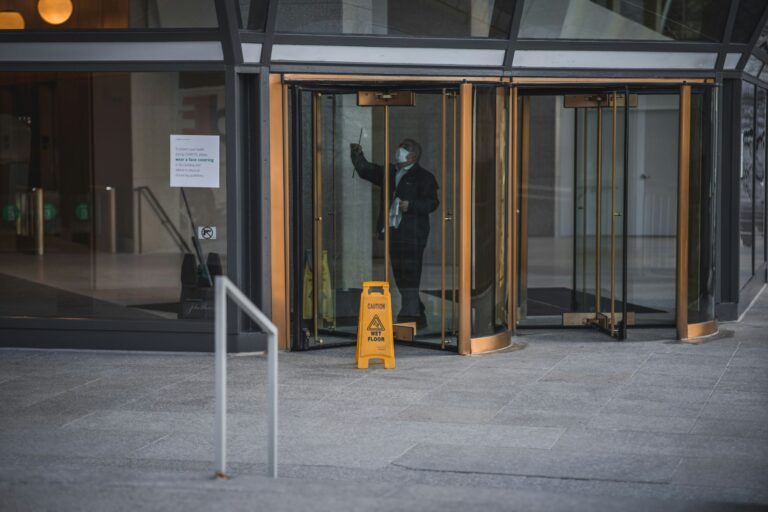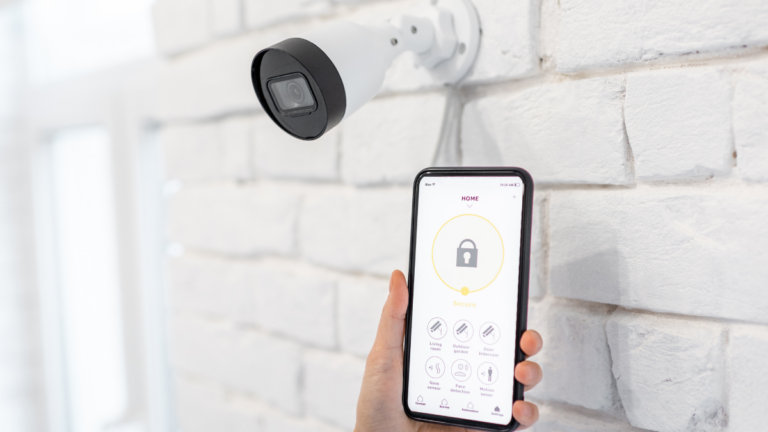In today’s dynamic work landscape, the concept of an inclusive workplace has transcended the traditional confines of office spaces. While non-desk workers have become increasingly prevalent, it is crucial to recognize the significant workforce engaged in deskless jobs across various industries, including janitorial, security, construction, and hospitality. This blog delves into the pivotal role of diversity to create inclusive Workplaces in Deskless Jobs, shedding light on the unique challenges and opportunities present in these often-overlooked sectors.

Embracing Diversity in the Backbone of Industries:
Non-desks jobs serve as the backbone of numerous industries, providing essential services that form the foundation of our communities. From the janitors maintaining cleanliness to the security personnel ensuring safety and the construction and hospitality workers shaping our physical and experiential landscapes, each role contributes indispensably to societal functioning. Acknowledging and embracing diversity in these roles is not only a moral imperative, but a strategic move that enhances workplace dynamics and enriches the fabric of these industries.
Representation Matters:
Inclusive workplaces thrive on representation. For individuals in deskless jobs, seeing leaders who share similar backgrounds not only fosters confidence but also instills a sense of belonging. Companies in janitorial, security, construction, and hospitality can actively work towards creating mentorship programs, leadership opportunities, and affinity groups that empower individuals from underrepresented groups. This not only breaks down barriers but also paves the way for a more inclusive workplace culture.
Cultivating a Culture of Respect:
A cornerstone of any inclusive workplace is a culture of respect. In deskless jobs where teams often work closely together, promoting understanding and cultural sensitivity is paramount. Companies can implement comprehensive training programs that address unconscious biases, dismantle stereotypes, and encourage open dialogue. Fostering a culture of respect not only improves interpersonal relationships but also contributes to a harmonious and productive work environment.
Tailoring Inclusivity Initiatives for Deskless Roles:
Recognizing the unique challenges faced by deskless workers, organizations should design inclusivity initiatives specifically tailored to their needs. Flexible scheduling, accessible training materials, and open communication channels can significantly impact job satisfaction and productivity. Acknowledging the diversity among non-deskless workers and catering to the specific needs of these employees is crucial for fostering an inclusive workplace that values every individual.
The Economic Impact of Inclusivity:
Beyond the moral imperative, embracing diversity in deskless jobs has tangible economic benefits. Diverse teams bring a wealth of perspectives that lead to innovative solutions and improved problem-solving. Inclusive workplaces are more likely to attract and retain top talent, contributing to the long-term success and sustainability of businesses in the janitorial, security, construction, and hospitality industries. By actively investing in inclusivity, companies not only strengthen their internal dynamics but also position themselves as leaders in their respective sectors.
Addressing Challenges for Lasting Change:
While celebrating the strides made towards inclusivity, it’s crucial to acknowledge and address the challenges faced by deskless workers. Language barriers, limited access to training, and unequal opportunities can hinder progress. Employers must commit to investing in language programs, providing equal access to training resources, and creating pathways for career advancement. By actively addressing these challenges, businesses can pave the way for lasting change and create environments where diversity is not just acknowledged but celebrated.
In conclusion, building inclusive workplaces for deskless jobs is not just a social responsibility but a strategic imperative. Embracing diversity in the janitorial, security, construction, and hospitality industries is a catalyst for innovation and long-term success. As we celebrate the invaluable contributions of deskless workers, let us commit to building bridges that create inclusive workplaces in Deskless Jobs from all walks of life, fostering environments where everyone feels valued, respected, and empowered. In doing so, we not only create better workplaces but also contribute to the overall growth and well-being of our communities.








